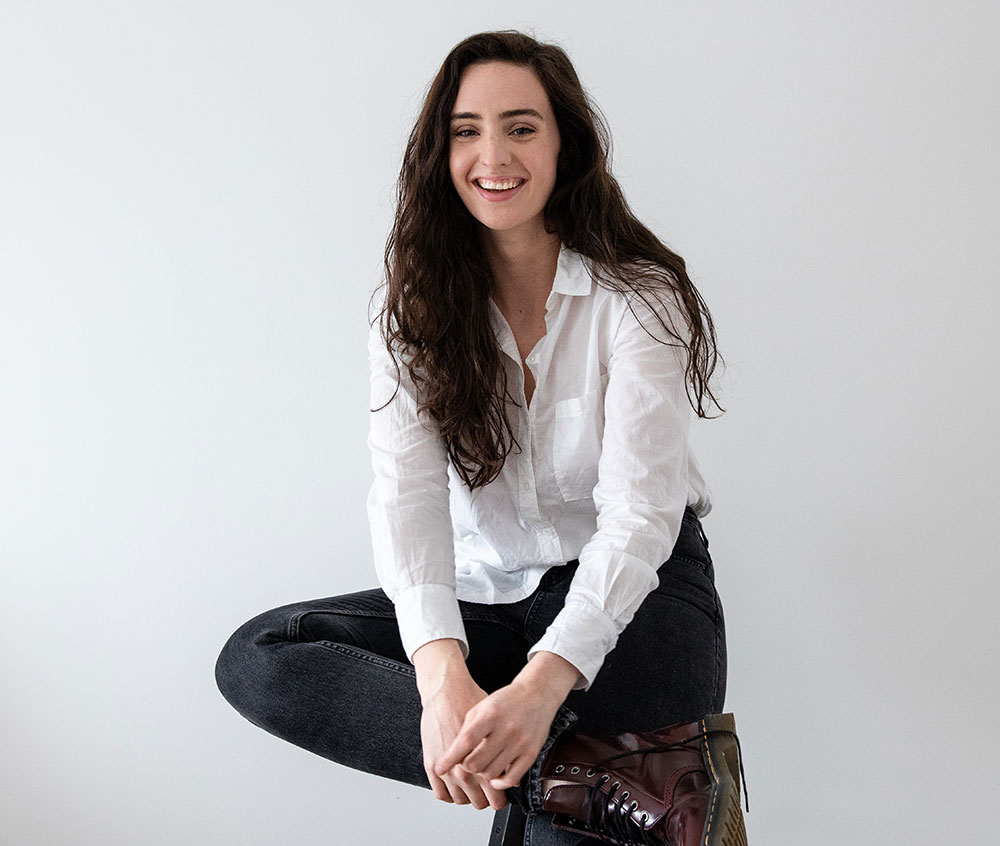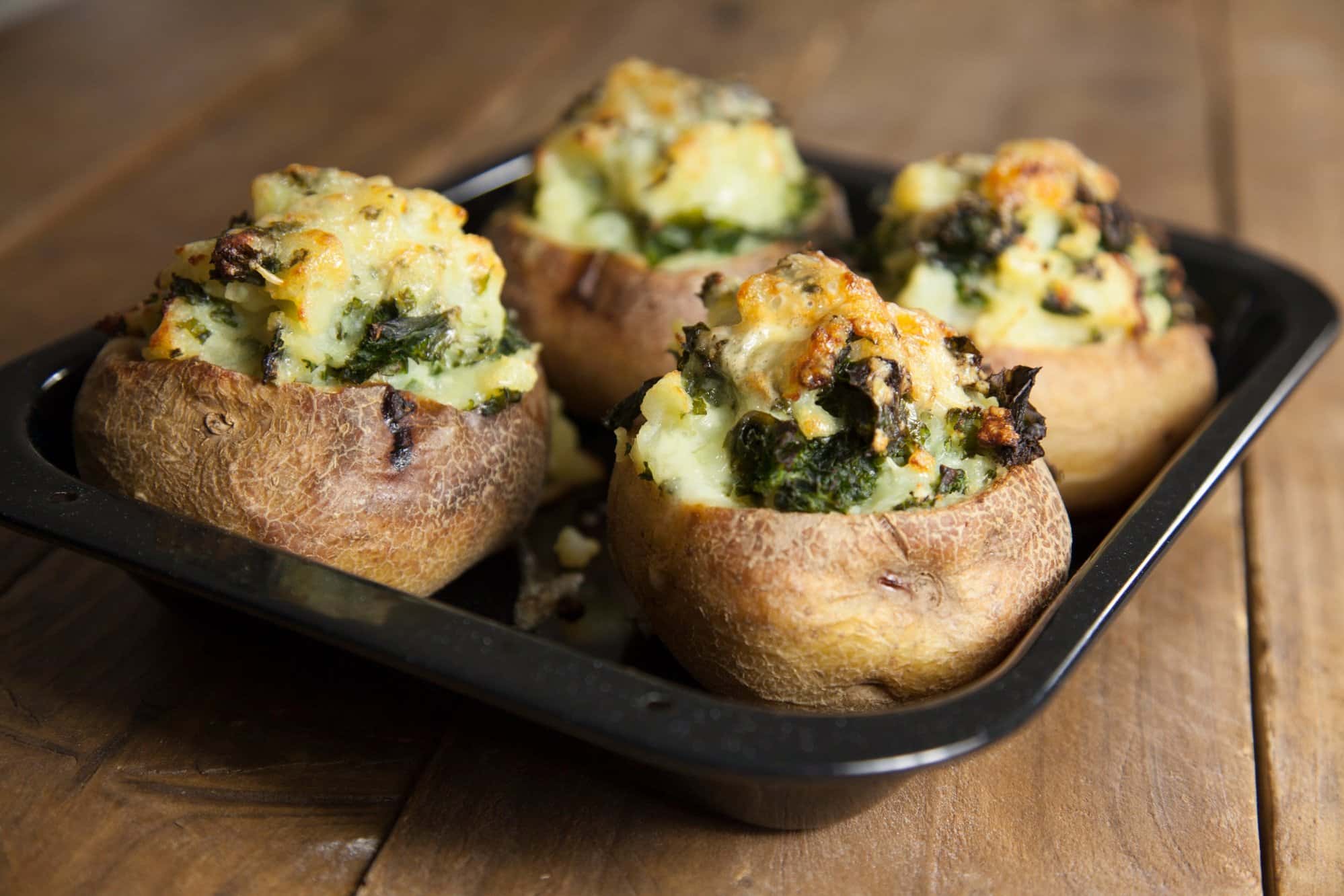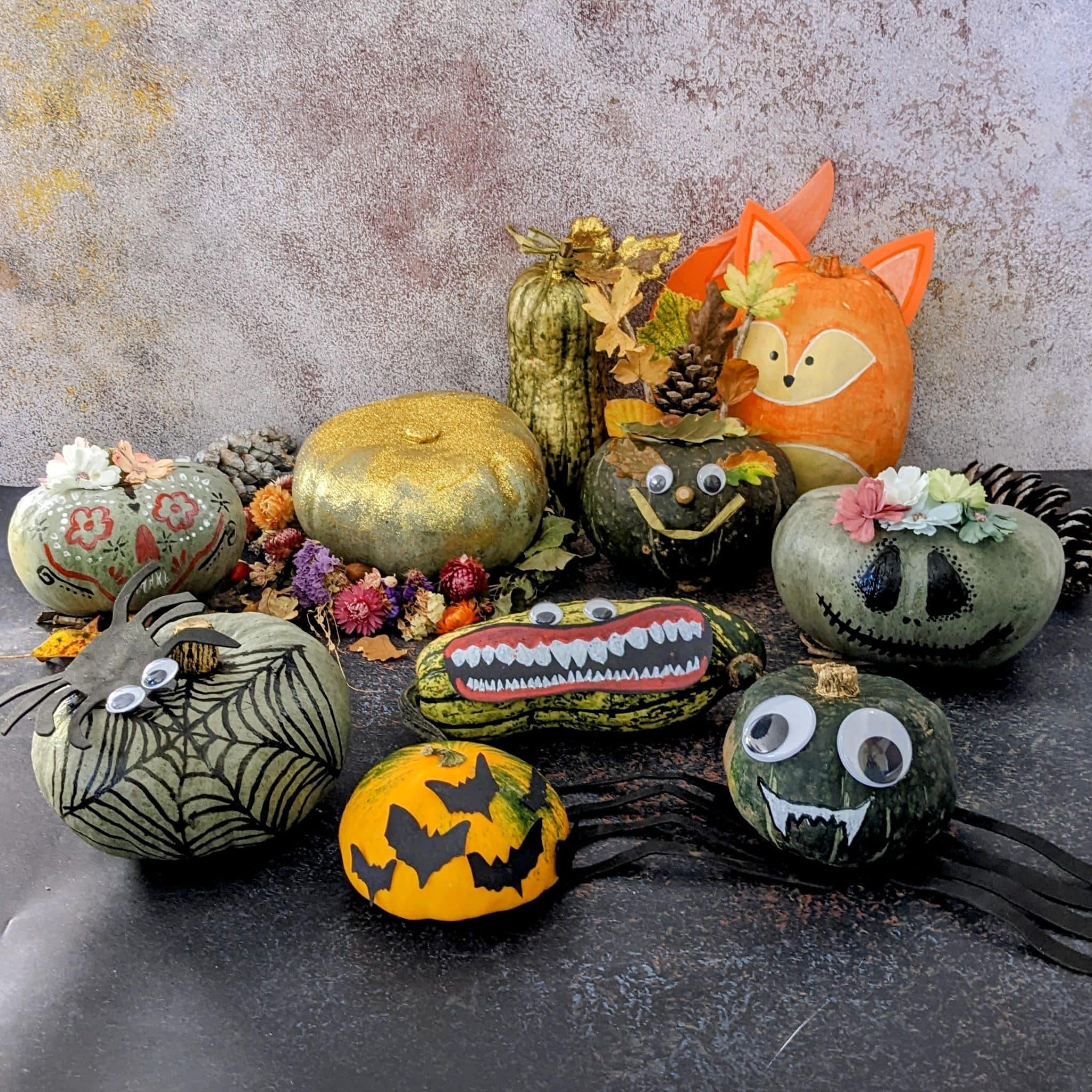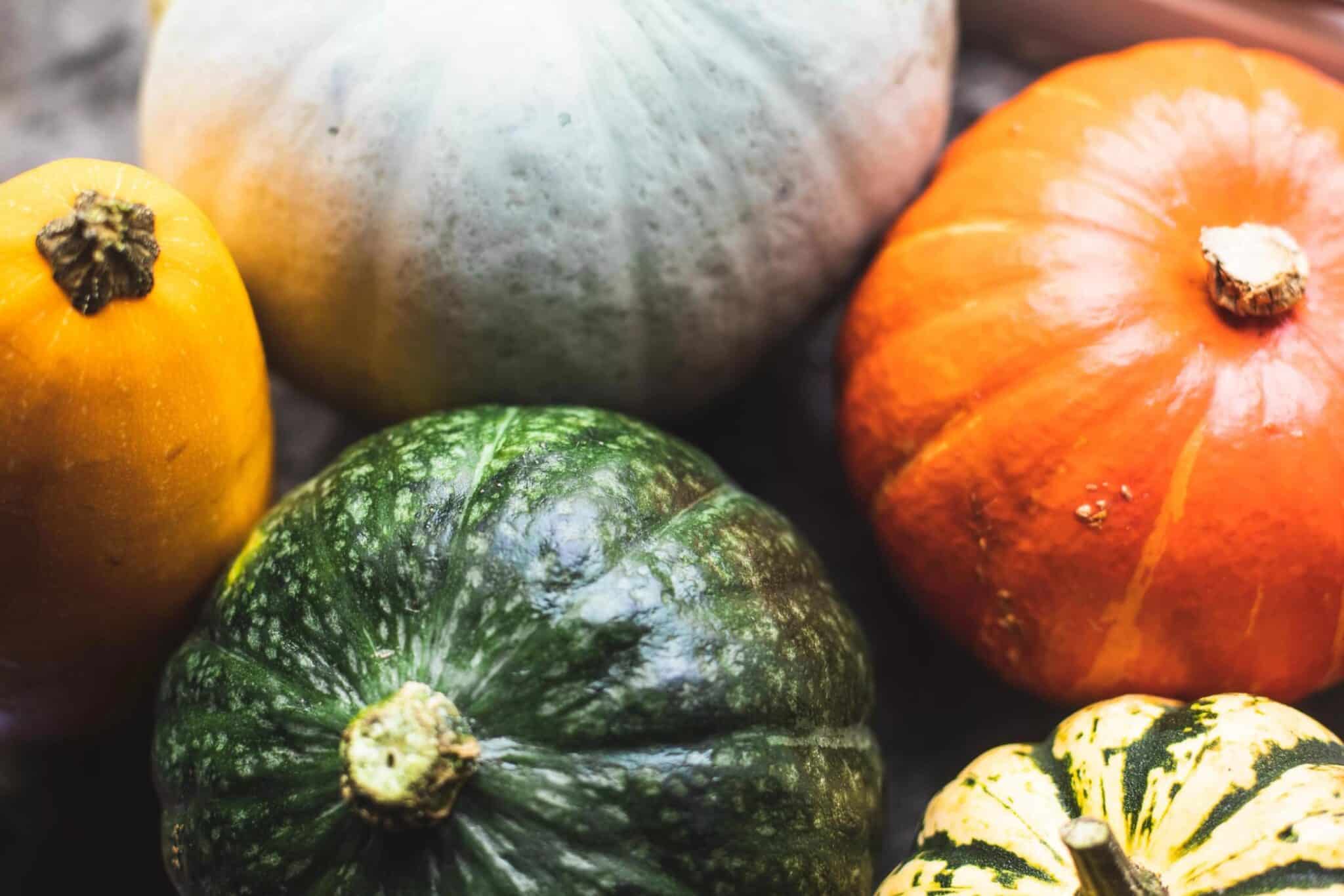Minimalism and sustainability start at home: what you’re cooking for dinner, the furniture that fills your rooms, how much stuff you hoard and the cleaning products you’re using.
I truly believe in the importance of having a home that is a sanctuary where you can unwind and relax, free from mess, disorganisation, clutter and unnecessary stuff. This can be achievable in so many ways in many different environments.
Whether you have a tiny flat or bigger family home, it’s about finding what works for you and what doesn’t; what is serving a purpose and what isn’t; what is hindering your eco habits and what is helping them.
A few tweaks here and there can make a world of difference to how you experience your home, and the impact it has on your mindset and the environment. It’s about going back to the essentials and simplifying the things that we really ‘need’ in our homes.
We use lots of energy at home, create lots of waste, and we hoard and hide lots of stuff – stuff we likely have forgotten about or just don’t use anymore. If we get used to living simply at home, putting in place healthy habits and eco-friendly routines, we will set ourselves up for the outside world to continue these habits and routines. It all starts at home. After all, it’s where we spend most of our time.

It’s not about overhauling everything we do to make our lives more complicated (which it can sometimes feel like when changing routines and habits), but instead finding simpler and more sustainable ways to live. We can learn from our parents, our grandparents and our ancestors who lived sustainably in their communities and homes.
For example, composting at first may seem like a complex and difficult thing to do. But it’s a simple switch that can save lots of waste going to landfill, and instead puts it back in the earth. Similarly, decluttering and organising your home may seem like a big job you just don’t have the time or energy for. But once you have simplified your living space and the things you own, you’ll save time on cleaning and tidying every day. Not only that, but you’re likely to enjoy the space you’re in more now that it is clutter free.
Removing unnecessary stuff from around the home is the first and potentially most important step to minimising your space. You might find that as you start to declutter, certain pieces of furniture or decorations no longer serve their purpose. You can therefore declutter these larger items to make more room around your home.
Consider items around your home that you’re expected to own, based on what everyone else does, that you don’t actually feel you need. Maybe you don’t own enough clothes to fill a wardrobe and chest of drawers or dresser. So stick to just the one, or opt for a hanging rail instead. Or you rarely watch TV. So ditch the TV and make seating the centre of your living space.
Maybe you don’t particularly like excessive amounts of decor, or pictures on the wall. So keep it simple with just some plants and empty space on your walls.
Where could you start to create more simplicity in your home?
Extracted from Minimal: How to Simplify Your Life and Live Sustainably by Madeleine Olivia, published by Ebury Press (£12.99).















Just bought this book, everyone should have it, packed full of great advice and suggestions, and easy to read! Thank you Madeleine!